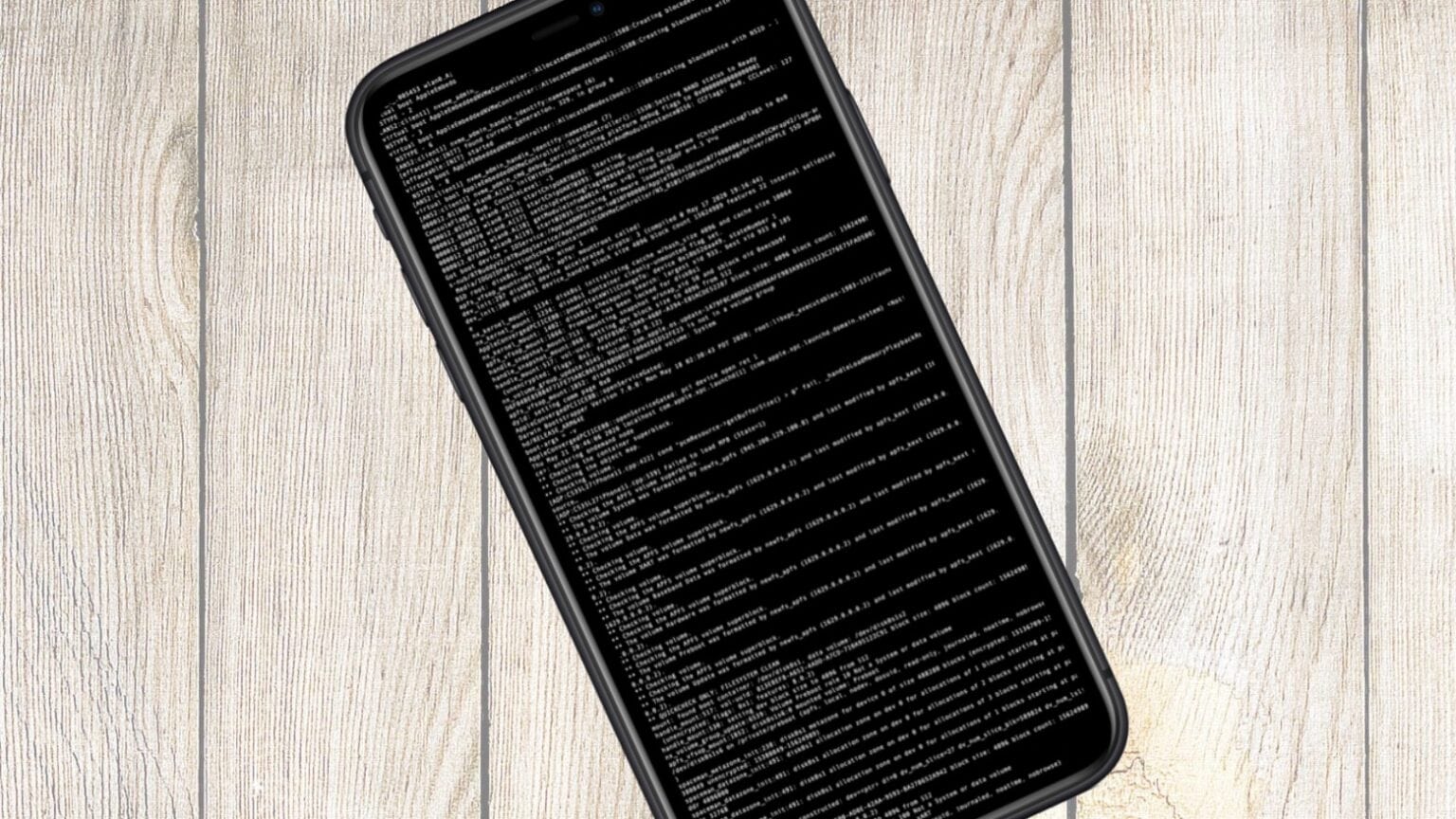Apple now offers hackers special iPhones to help them find weaknesses in iOS. The Apple Security Research Device Program promises devices with shell access so security researchers can dive deep into the operating system, looking for bugs.
Previously, Apple tremendously restricted the number of people outside the company given tools to help debug iOS. The goal was to prevent these tools from falling into the hands of malicious hackers. But the practice also limited the number of people who could help, frustrating researchers. Giving out these special iPhones is a change of strategy for the company.
Apple Security Research Device Program is limited to a few
“As part of Apple’s commitment to security, this program is designed to help improve security for all iOS users, bring more researchers to iPhone, and improve efficiency for those who already work on iOS security,” the company says.
Researchers who use a Security Research Device to find a bug in iOS or another application are obligated to promptly report it to Apple and, if appropriate, a third-party software developer.
Naturally, these devices aren‘t being given to just anyone. They must be requested by an individual or organization with “a proven track record of success in finding security issues on Apple platforms, or other modern operating systems and platforms,” according to Apple. The hardware must be kept under tight control, and access is granted for only one year.
If you’re qualified, visit Apple’s website to apply for the program.


